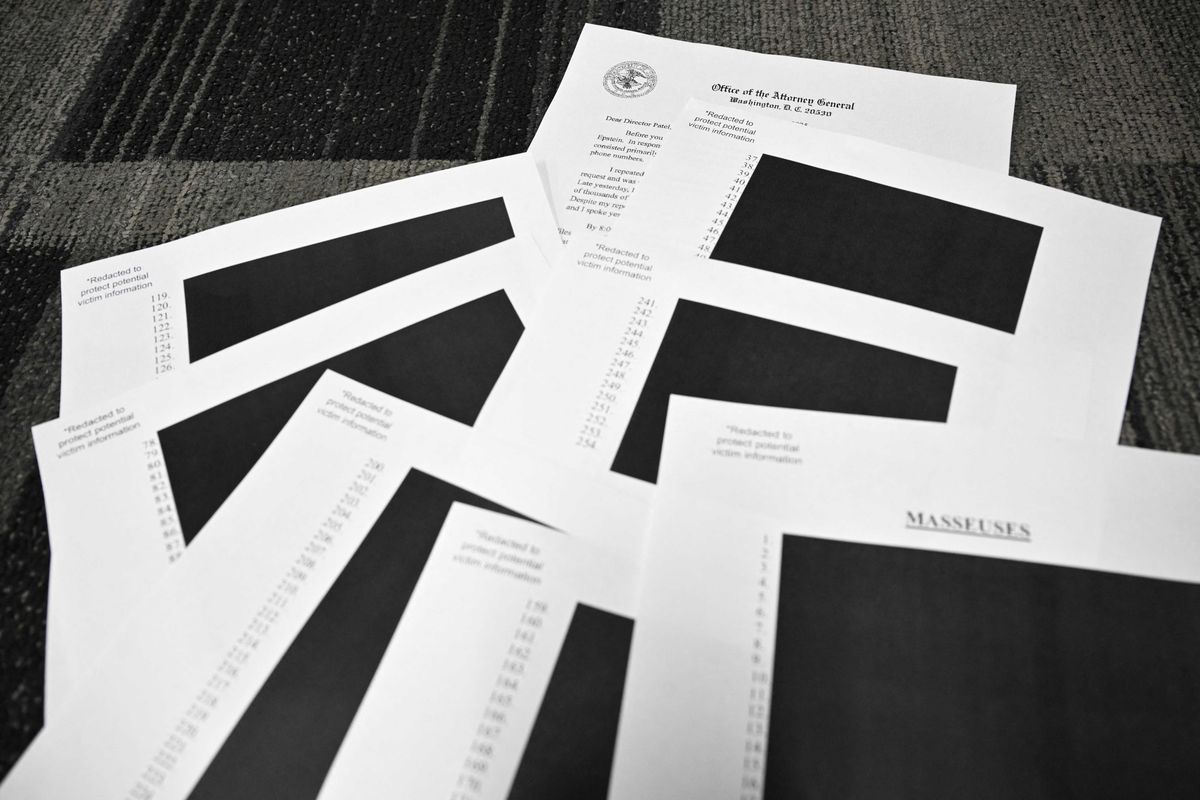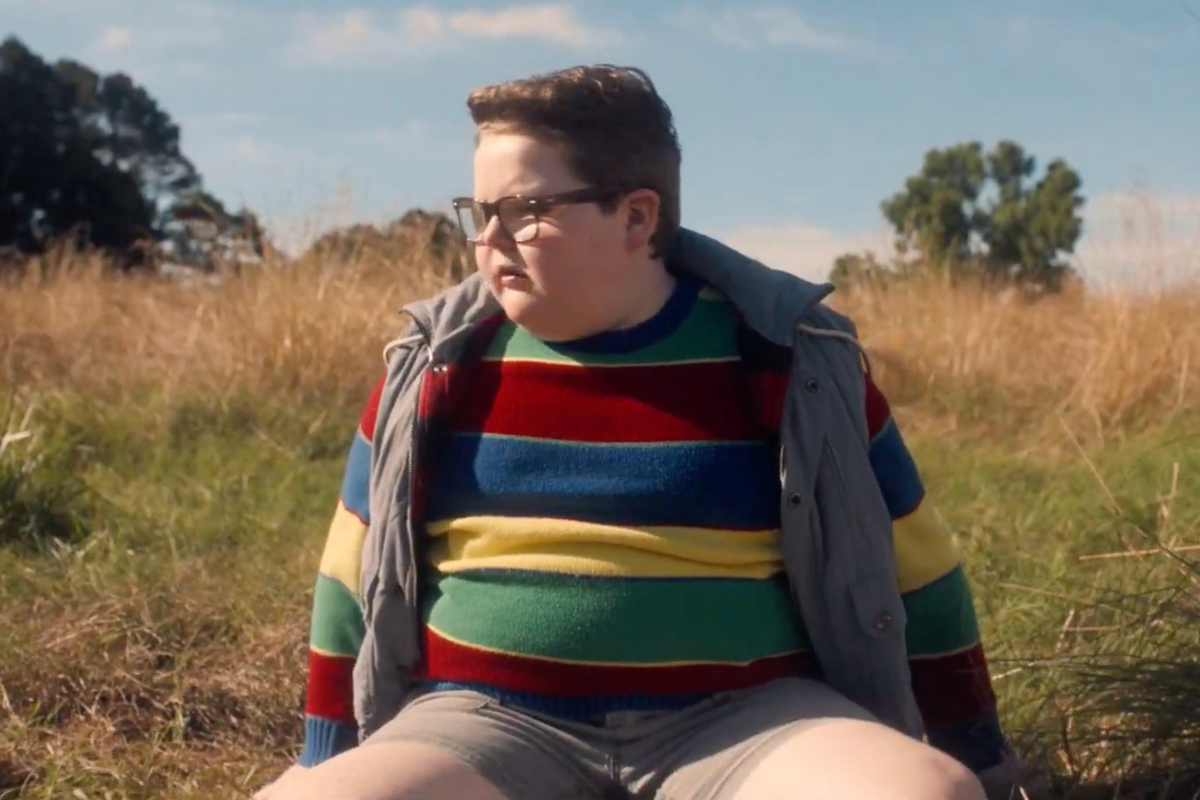
It’s safe to say grammar wasn’t the highlight for many people during their school days.
Playing with Bunsen burners and putting condoms on bananas will always trump learning the theory behind gerunds; and this is before we get into how confusing and complex the English language is.
But it turns out you know a lot more about grammar than you even realise:
1. We say adjectives in one particular order.
According to a passage, from the book The Elements of Eloquence, we know excatly how to order adjectives, we just don't know we know:
“Adjectives in English absolutely have to be in this order: opinion-size-age-shape-colour-origin-material-purpose Noun. So you can have a lovely little old rectangular green French silver whittling knife. But if you mess with that word order in the slightest you’ll sound like a maniac. It’s an odd thing that every English speaker uses that list, but almost none of us could write it out.”
2. We use perfect tenses
When we speak, we regularly choose between about 20 different tenses. That’s right: 20. That’s 17 more than the past, present and future tenses you learnt in English lessons. It’s likely you’ve busted out a pluperfect progressive passive already today without even breaking a sweat.
3. We navigate the murky world of letters
Did you know that “ghoti” is an alternate spelling of the word “fish”?
No, really.
'Gh' = the “f” sound in “enough.”
'O' = the “i” sound in “women.”
'Ti' = the “sh” sound in “dictionary".
Ghoti.
4. We give away much more than we realise
If someone asked you where you live, your answer, without realising, would likely depend on how long you plan on living there for.
For example, if you live with a nocturnal, tarantula-collecting flatmate who wrongly assumes your flat has a dishwasher, it’s more likely you’ll say you’re “living” there.
But if you’d escaped the scary flatmate and moved into a nice, quiet flat where the rent’s half the price of the neighbours', it’s more than likely you’ll say you “live” there, because you’re not planning on leaving any time soon.
5. We use metaphors for movement all the time
You probably don’t realise it, but we use a lot of metaphors relating to time and direction.
For instance, you could be going up in the world and you don’t want to look back because for a while you were just going round in circles.
Or perhaps you’ve made the decision that, going forward, you don’t want things to spiral out of control any more.
It's mind-boggling when you think about it literally.
6. We know where to place an expletive
When asked: "Do you want chips with that?" you would say abso-bloody-loutely, rather than ab-bloody-solutely.
You might just say yes please, but where’s the fun in that?
This is because, without realising, you find the syllable that we put the most emphasis on, in this case ‘lutely’ and put the swear word before it.
Fan-bloody-tastic.
More: The unwritten rule of English that nobody realises they know












